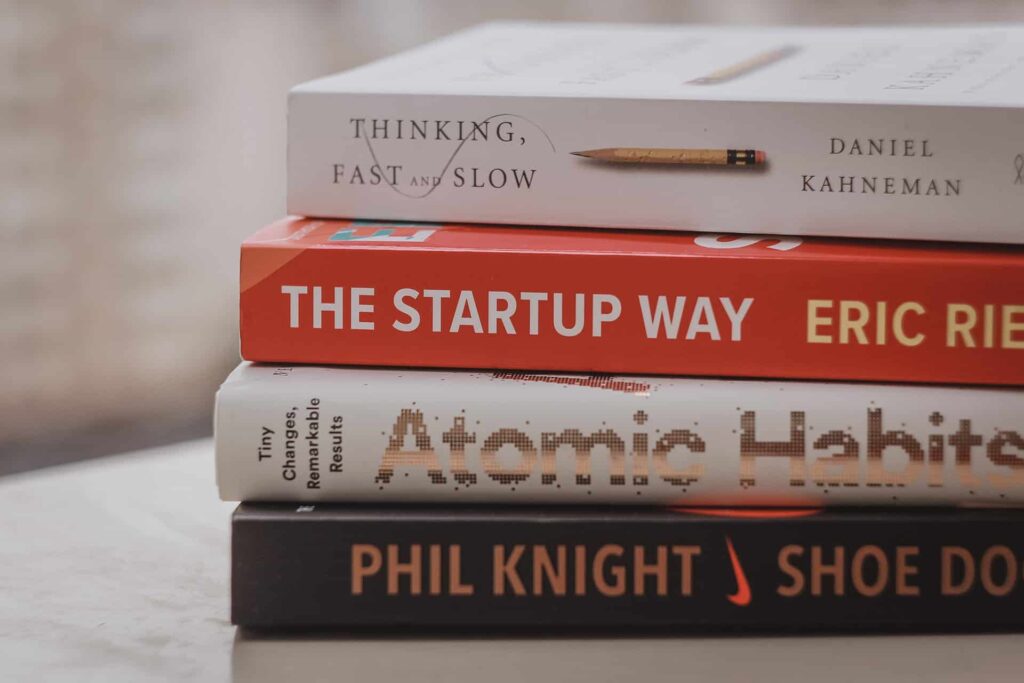10 Core Practices for Building a Fulfilling and Resilient Life
A good life isn’t an accident. It is the result of consistent habits, intentional choices, and a commitment to personal growth. While luck and circumstances play a role, the foundation of a fulfilling and resilient life is built on principles that guide our daily actions, thoughts, and interactions.
These foundational practices are not quick fixes or trendy life hacks. Instead, they are time-tested approaches that help cultivate emotional well-being, mental clarity, and a sense of purpose. By focusing on these core areas, you can build a strong foundation that supports long-term happiness, success, and resilience.
1. Cultivate a Growth-Oriented Mindset
The way you perceive challenges, setbacks, and learning opportunities defines your trajectory in life. A growth mindset, as described by psychologist Carol Dweck, is the belief that abilities and intelligence can be developed through effort and learning.

Rather than seeing failures as evidence of inadequacy, a growth-oriented person views them as stepping stones to progress. This mindset encourages curiosity, resilience, and a willingness to embrace lifelong learning.
How to Develop This Practice:
- Reframe setbacks as opportunities for learning.
- Seek feedback and use it constructively.
- Regularly challenge yourself with new experiences and skills.
- Replace self-limiting beliefs with empowering ones.


2. Prioritize Mental and Physical Well-Being
A strong foundation for a good life requires taking care of both body and mind. Neglecting your health—whether through chronic stress, poor diet, or lack of movement—has a ripple effect on every other area of life.
Optimal well-being isn’t about perfection. It’s about consistency in simple, fundamental habits that lead to long-term vitality and mental clarity.
Key Practices for Well-Being:
Keith V. Campbell
- Prioritize sleep (7-9 hours per night).
- Engage in regular physical activity (strength training, walking, yoga, etc.).
- Eat a nutrient-rich diet that fuels both body and brain.
- Practice mindfulness, meditation, or journaling to manage stress.
3. Develop Strong, Meaningful Relationships
Human connection is a cornerstone of happiness. Studies repeatedly show that deep, supportive relationships are one of the strongest predictors of long-term well-being.
But meaningful relationships don’t just happen—they require time, effort, and intentionality. Investing in relationships with family, friends, mentors, and even colleagues can provide emotional support, personal growth, and a greater sense of belonging.
Ways to Strengthen Your Relationships:
- Practice active listening and empathy.
- Make time for meaningful conversations and experiences.
- Be open and vulnerable with trusted individuals.
- Set boundaries to maintain healthy relationship dynamics.

4. Foster Emotional Resilience
Life is unpredictable. Challenges and setbacks are inevitable. Emotional resilience—the ability to adapt, recover, and thrive despite adversity—is what determines whether you grow stronger or become overwhelmed.
Resilient individuals don’t avoid difficulties; they develop the mental tools to navigate them effectively. This includes self-awareness, stress management, and a strong sense of purpose.
Building Emotional Resilience:
- Develop self-awareness through reflection and mindfulness.
- Practice self-compassion instead of harsh self-criticism.
- Strengthen problem-solving skills and adaptability.
- Maintain perspective—recognize that tough times are temporary.
5. Live with Intentionality and Purpose
A good life isn’t just about comfort and ease. It’s about having a sense of purpose and engaging in meaningful pursuits. Whether it’s through your career, creative endeavors, or service to others, having a clear sense of purpose leads to deeper fulfillment.

Ways to Cultivate Purpose:
- Identify what truly matters to you (values, passions, long-term goals).
- Set meaningful goals aligned with your values.
- Engage in activities that create a positive impact beyond yourself.
- Reflect on how your daily actions contribute to a bigger picture.
6. Master the Art of Focus and Deep Work
In a world filled with distractions, the ability to focus deeply on important tasks is a rare but valuable skill. Deep work, a concept popularized by Cal Newport, refers to the ability to work with full concentration on cognitively demanding tasks.
Mastering focus leads to increased productivity, creativity, and a greater sense of accomplishment.
How to Improve Focus:
- Minimize digital distractions (social media, notifications, etc.).
- Establish structured work sessions with dedicated time blocks.
- Prioritize important tasks over reactive ones.
- Develop a daily routine that fosters deep concentration.
7. Practice Financial Discipline and Long-Term Thinking
Financial stress can undermine even the best aspects of life. Building financial stability through mindful spending, saving, and investing ensures greater freedom and security.
Essential Financial Habits:
- Live within your means and avoid unnecessary debt.
- Save and invest consistently for long-term goals.
- Develop multiple income streams where possible.
- Make financial decisions based on long-term stability rather than short-term gratification.
8. Cultivate Gratitude and Perspective
Gratitude isn’t just a feel-good concept—it’s a scientifically backed practice that enhances emotional well-being, reduces stress, and fosters a positive outlook on life.
By appreciating what you have rather than fixating on what you lack, you shift your mindset toward abundance and contentment.
Ways to Cultivate Gratitude:
- Keep a daily gratitude journal.
- Express appreciation to others regularly.
- Shift your focus from scarcity to abundance.
- Find joy in small, everyday moments.
9. Embrace Simplicity and Minimalism
More doesn’t always mean better. A cluttered life—whether physical, mental, or digital—can create unnecessary stress. Simplifying your commitments, environment, and mental load leads to greater clarity and peace.
Ways to Simplify Life:
- Declutter your home and workspace.
- Reduce unnecessary commitments and obligations.
- Practice digital minimalism (limit screen time, curate social media consumption).
- Focus on what truly adds value to your life.
10. Keep Evolving and Adapting
A good life is never static. Growth, adaptation, and continuous learning keep life dynamic and fulfilling. Complacency leads to stagnation, while curiosity and learning drive progress.
How to Foster Continuous Growth:
- Read widely and expose yourself to new ideas.
- Seek out new challenges and experiences.
- Regularly reflect on your progress and areas for improvement.
- Stay open to change and adaptability.
Final Thoughts: A Life Built on Strong Foundations
There’s no single formula for a good life, but certain foundational practices consistently lead to greater fulfillment, resilience, and success. By developing these habits, you create a strong framework that supports a meaningful and well-rounded life.
Start small—choose one or two areas to focus on and build gradually. Over time, these practices compound, shaping a life that is not only successful but deeply satisfying.










